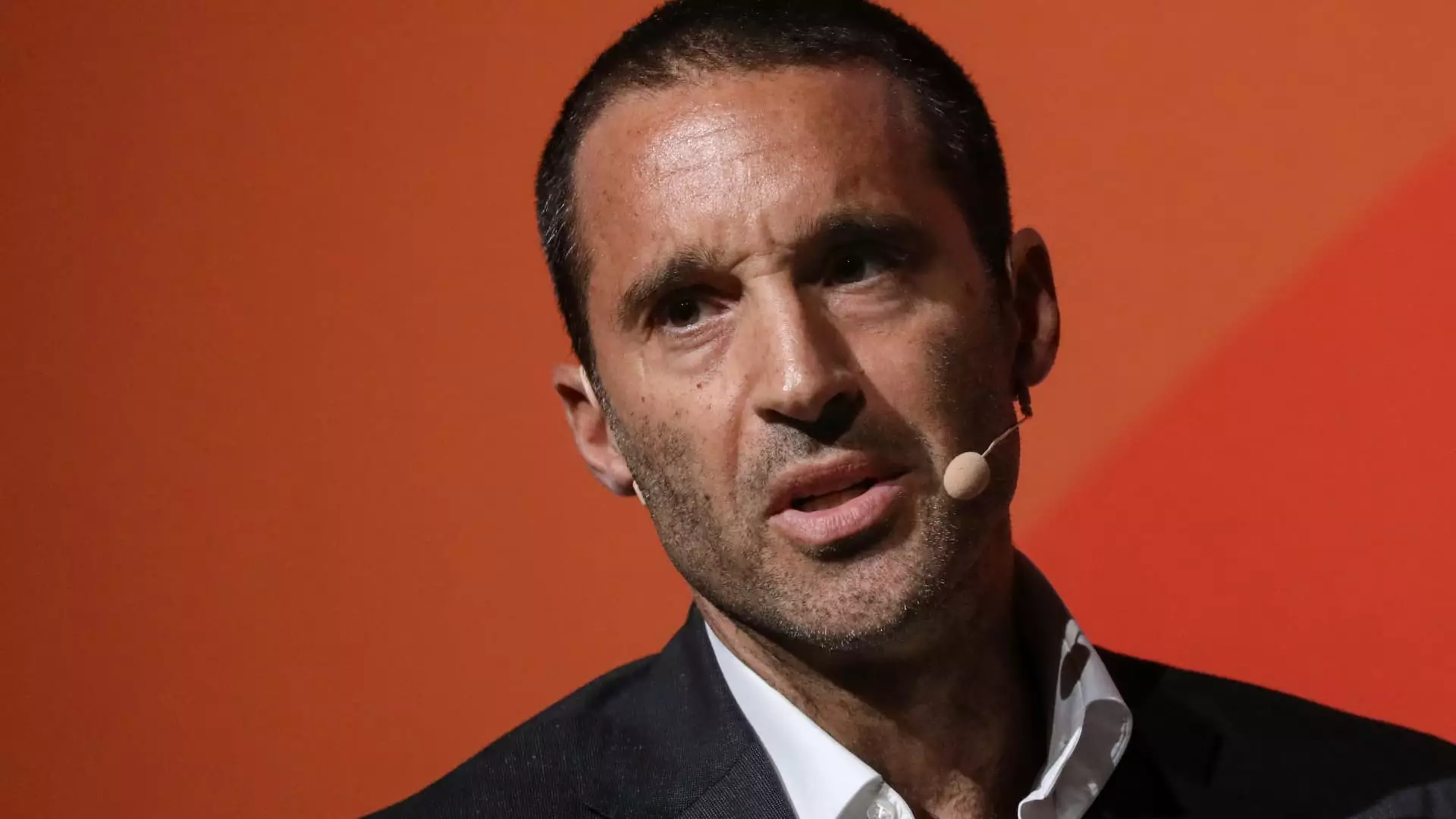D1 Capital, led by the astute Daniel Sundheim, has made notable changes to its investment portfolio in the fourth quarter of last year. The hedge fund, recognized for its strategic placements in blue-chip stocks, has opted to divest from several well-established positions. High-profile exits included Bank of America and Microsoft, along with a significant reduction of their stake in Amazon. This shift raises questions about market predictions and the fund’s future trajectory, reflecting a dynamic approach to asset management amid a fluctuating economic landscape.
In a bid to capitalize on emerging market trends, D1 Capital has pivoted towards investing in sectors that have shown resilient growth, particularly at the start of 2025. The fund’s embrace of companies like 3M, AppLovin, Elevance Health, Delta Air Lines, and Capital One Financial hints at a calculated strategy to align with market momentum. Notably, the investments in 3M and Elevance Health have propelled these companies into D1’s top ten holdings as of December 31, showcasing the fund’s commitment to innovative sectors poised for expansion.
As of the end of the year, Instacart stands out as D1 Capital’s most significant holding, valued at over $900 million. This concentration reflects Sundheim’s bullish outlook on the grocery delivery platform, which has emerged as a key player in the evolving landscape of online retail. However, the reliance on a single stock exposes the fund to increased risk, raising critical considerations about the balance and diversification within its investment strategies.
The timing of D1’s investments appears prescient, especially considering the recent performance of its newly acquired stocks. AppLovin’s impressive 57% surge and 3M’s 15% increase since the beginning of the year fortify the idea that D1’s early 2025 investments are not only timely but potentially rewarding. This performance could set the stage for a robust first quarter for the hedge fund, enhancing its reputation among investors and analysts alike.
The addition of Vistra Corp., a utility stock with increasing relevance in the artificial intelligence sector, further illustrates D1’s strategic foresight. With Vistra gaining 22% this year, despite its fluctuation during the DeepSeek sell-off in January, it underscores the potential for growth within utilities eager to adapt to tech advancements. Yet, exiting positions in leisure and hospitality stocks, such as Starbucks and Carnival Corp., may signal a cautious approach towards sectors still recovering from pandemic impacts.
As D1 Capital navigates through its portfolio adjustments, the hedge fund’s strategic decisions raise vital questions about its future positioning in the market. With Sundheim’s extensive background at Viking Global and his role on Instacart’s board, it will be intriguing to see how his insights influence the fund’s trajectory in 2025 and beyond. The hedge fund industry remains competitive, and D1’s calculated moves could serve as a blueprint for others aiming for success amid unpredictable market conditions.

